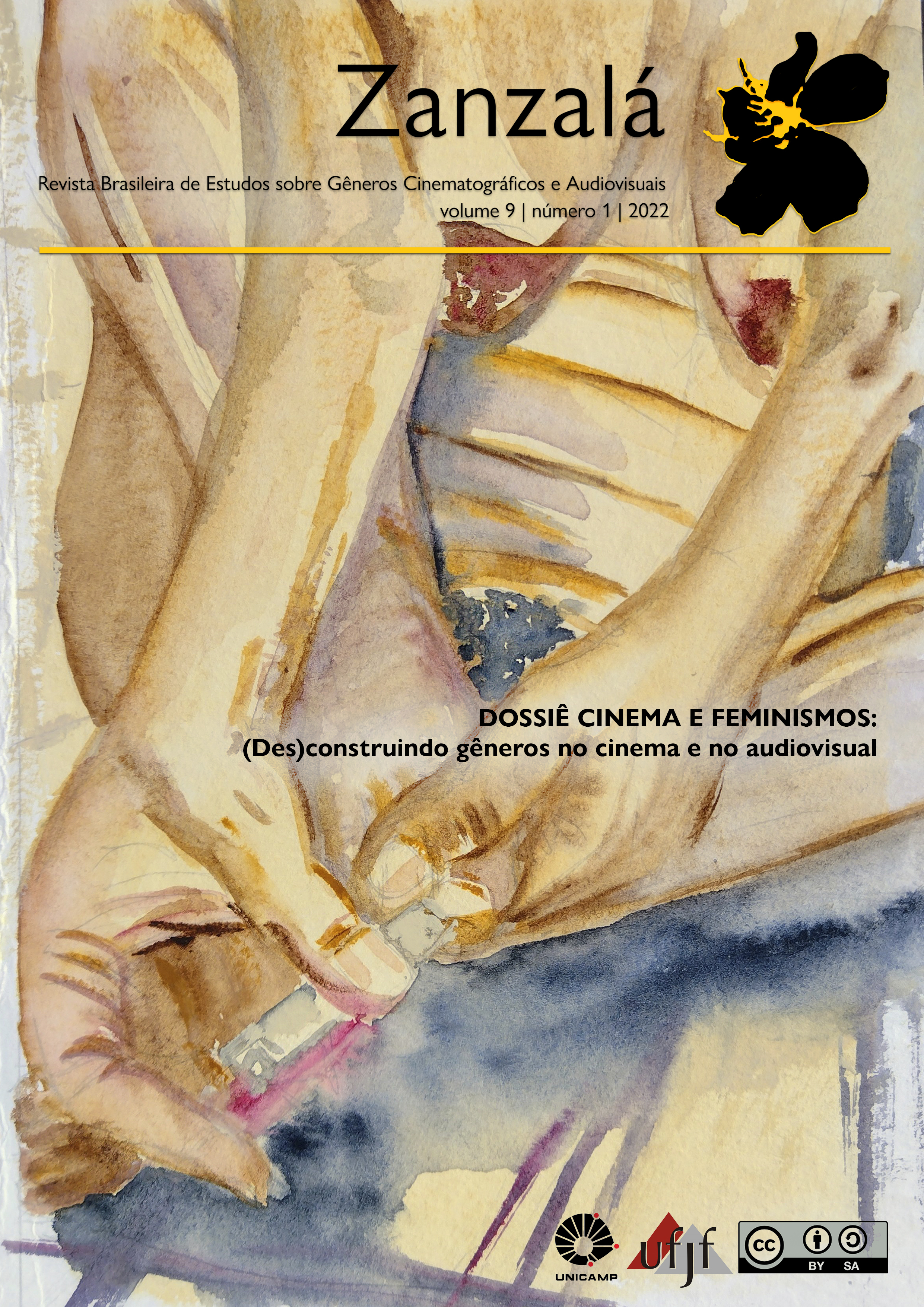Spaces of in/difference and domestic labor in 21st century Latin American cinema
decolonial perspectives
DOI:
https://doi.org/10.34019/2236-8191.2022.v9.39276Abstract
Contrary to the hegemonic theories of feminism —Eurocentric, white, universalizing women—, we offer a decolonial perspective of recognition of difference, based on the experience of racialized women in the Latin American context. We seek to understand how 21st century Latin American films feature women who perform paid domestic work and coexist between the spaces of the house where they live and/or work and the spaces of the city in La ciénaga (Lucrecia Martel, Argentina, 2001 ), La teta asustada (Claudia Llosa, Peru, 2009), El Niño Pez (Lucía Puenzo, Argentina, 2009), Que horas ela volta (Anna Muylaert, Brazil, 2015). In different ways and with different degrees of visibility, these films draw attention to the different ways in which the characters reinvent forms of struggle and survival in the midst of the multiple oppressions that cross their lives as domestic servants.
Downloads
Downloads
Published
Issue
Section
License
Proposta de Aviso de Direito Autoral Creative Commons
1. Proposta de Política para Periódicos de Acesso Livre
Autores que publicam nesta revista concordam com os seguintes termos:
- Autores mantém os direitos autorais e concedem à revista o direito de primeira publicação, com o trabalho simultaneamente licenciado sob a Creative Commons Attribution License que permitindo o compartilhamento do trabalho com reconhecimento da autoria do trabalho e publicação inicial nesta revista.
- Autores têm autorização para assumir contratos adicionais separadamente, para distribuição não-exclusiva da versão do trabalho publicada nesta revista (ex.: publicar em repositório institucional ou como capítulo de livro), com reconhecimento de autoria e publicação inicial nesta revista.
- Autores têm permissão e são estimulados a publicar e distribuir seu trabalho online (ex.: em repositórios institucionais ou na sua página pessoal) a qualquer ponto antes ou durante o processo editorial, já que isso pode gerar alterações produtivas, bem como aumentar o impacto e a citação do trabalho publicado (Veja O Efeito do Acesso Livre).

